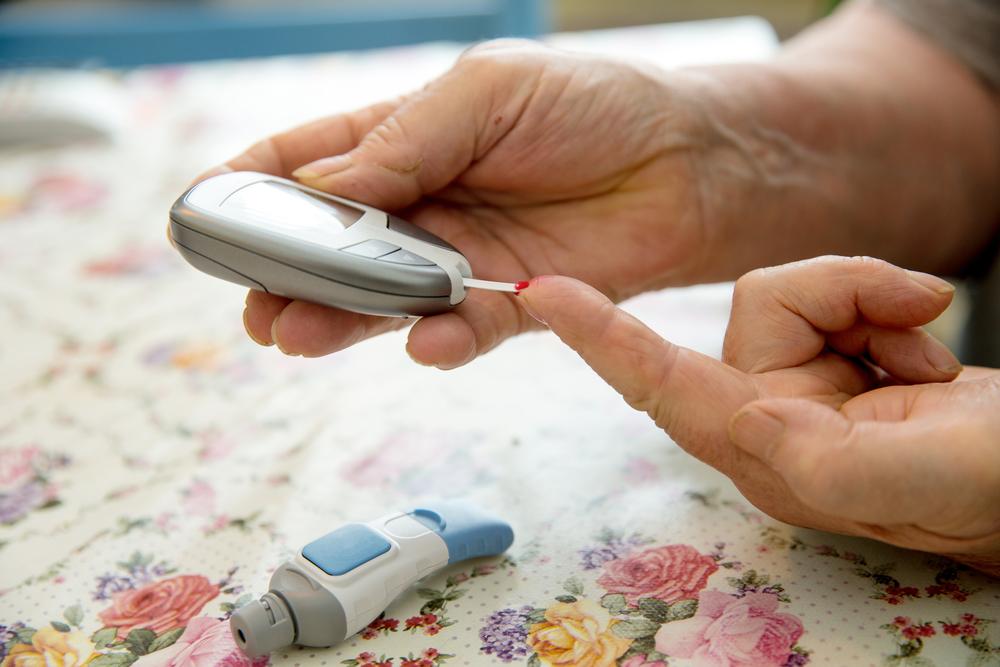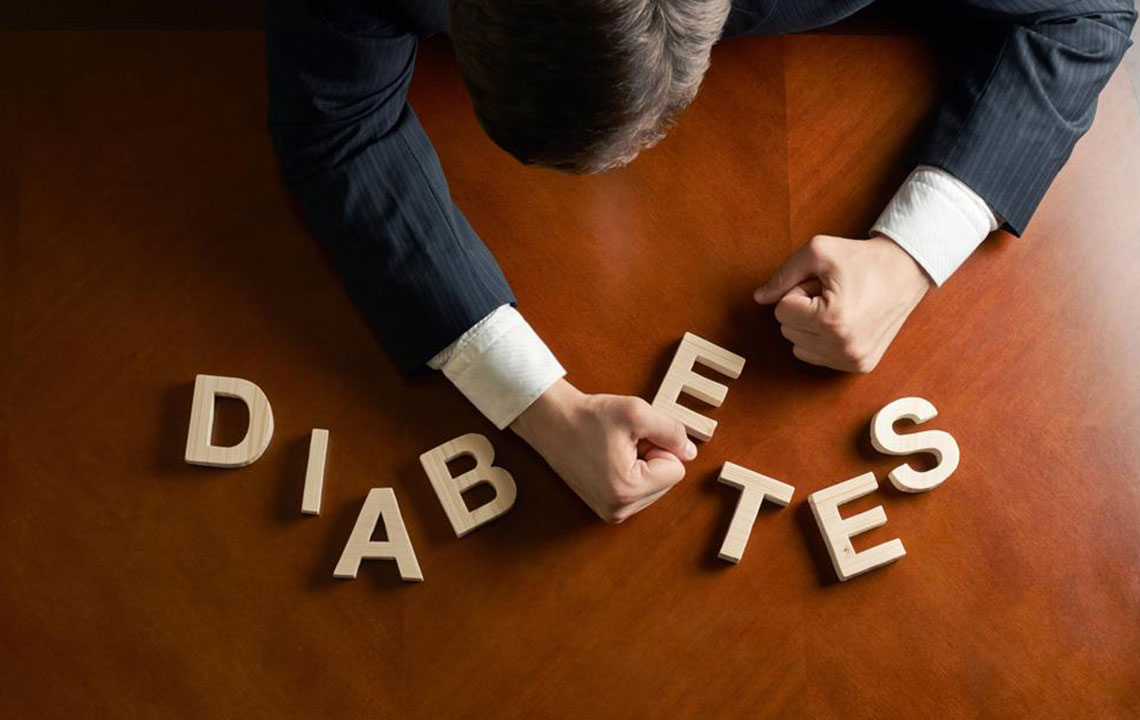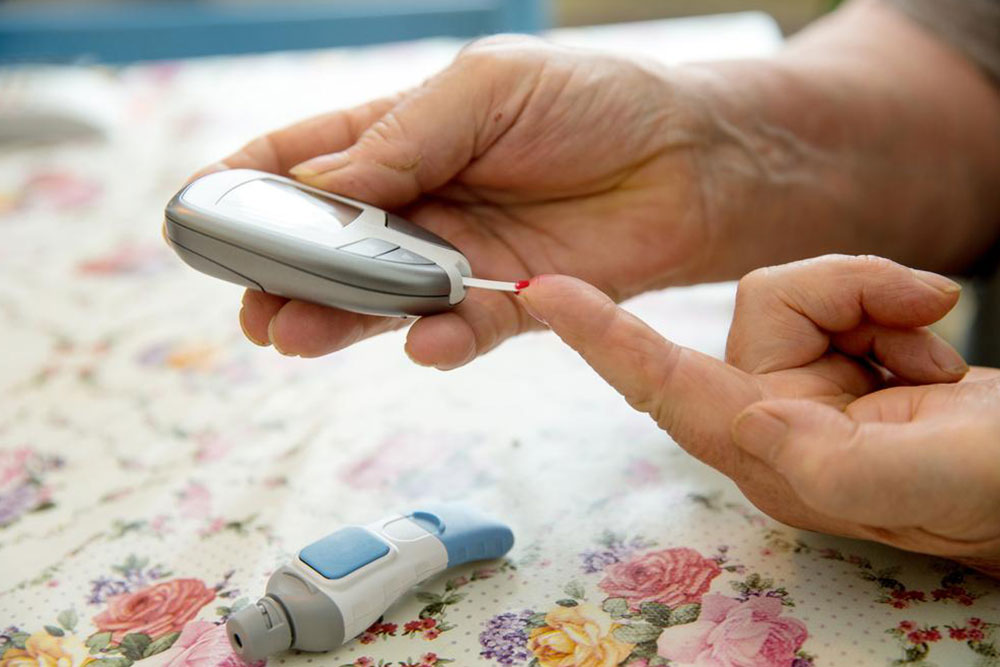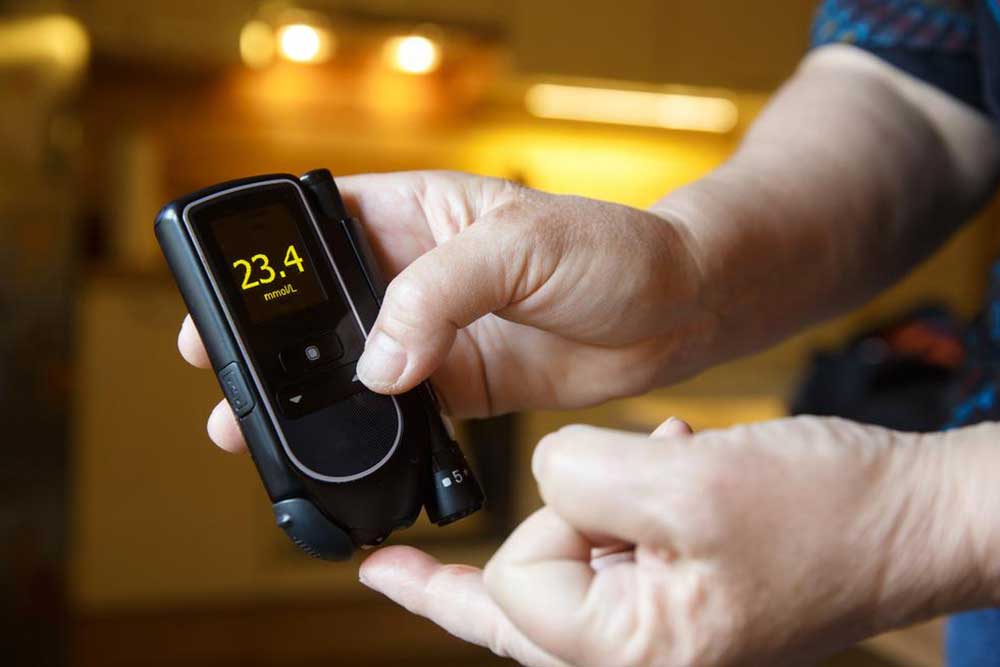Recognizing Early Signs of Diabetes
Learn to recognize early symptoms of diabetes such as excessive thirst, hunger, frequent urination, weight loss, and fatigue. Early detection can lead to better management through lifestyle changes like diet and exercise. Understanding these signs helps prevent complications associated with blood sugar levels, emphasizing the importance of regular health check-ups and healthy habits for maintaining optimal health.

Identifying the Initial Signs of Diabetes
Diabetes is a metabolic condition that can be inherited or develop due to poor lifestyle choices. It occurs when blood glucose levels become higher than normal because the body struggles to produce enough insulin, a hormone essential for sugar utilization. Normally, carbohydrates break down into glucose, which enters the bloodstream for energy. In diabetes, impaired insulin production causes excess sugar to circulate in blood and urine. There are two main types: Type 1, typically affecting children, involves destruction of pancreatic cells, while Type 2, common in those over 40, can often be managed through lifestyle changes or may require insulin therapy.
The pancreas's beta cells responsible for insulin production may be partially or fully compromised in diabetic individuals, leading to elevated blood sugar levels. Blood sugar levels over 400 mg per 100 ml are often accompanied by sugar in urine. Recognizing early symptoms can aid in prompt management.
Common early indicators include:
Excessive Thirst (Polydipsia)
Persistent dry throat and mouth, despite fluid intake, signal potential diabetes.
Persistent Hunger (Polyphagia)
Feeling hungry constantly, even after eating, may be due to body's inability to process sugar effectively.
Frequent Urination (Polyuria)
Needing to urinate more than three liters daily is an early sign, caused by the kidneys clearing excess sugar.
Unexplained Weight Loss
Sudden weight reduction in a short period indicates energy deprivation due to insulin deficiency.
Fatigue
Persistent tiredness and low energy levels are common symptoms of unmanaged diabetes.
Regarding diet, diabetics should prioritize fiber-rich foods, salads, and avoid refined flour, fried foods, and high-carb items like rice and potatoes. Alcohol and artificially sweetened beverages should be minimized. Regular exercise, such as morning walks, can help manage the condition, though it cannot be completely eradicated. Precautionary lifestyle choices are essential for effective control.










